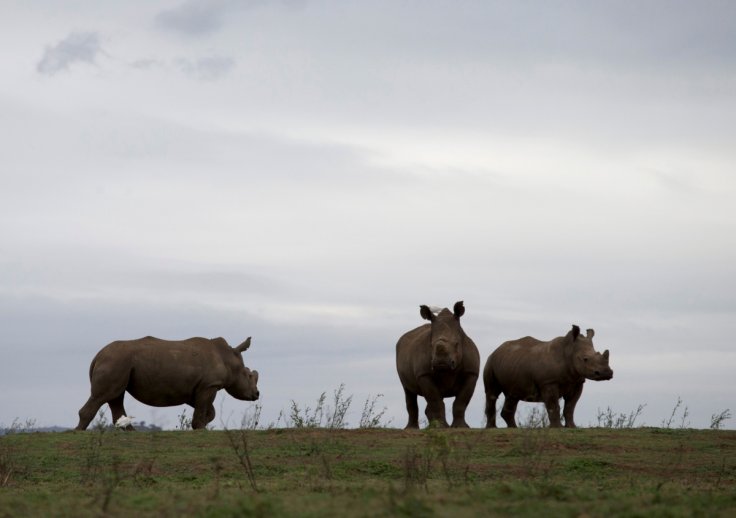Many scientists who could not continue their regular research have found a goldmine when they had to relocate to their homes. They have begun to focus on how animals reacted to a dramatic slowdown in human activity caused by the pandemic — called the "anthropause."
Amid the lockdown period, several large-scale studies have been launched to assess how animals changed their behavior during lockdowns, especially, by crossing roads more frequently or venturing out more during daylight.
Ari Friedlaender, a marine ecologist at the University of California (UC), Santa Cruz, had to abandon his fieldwork in Antarctica, giving a break to his study on the effects of tourism and fishing on humpback whales. After returning home, Friedlaender realized the pandemic offered an unprecedented opportunity for similar studies of whales in nearby Monterey Bay, albeit, when no humans are around.

Lockdowns had dramatically reduced noisy boat traffic that can stress marine life, and his team is keen to explore how the whales' respond to the hiatus. The study, is among many such studies under scanner for wildlife scientists who are keen to understand the impacts of the "anthropause."
Other similar studies are tracking how fish, mammals, and even iguanas are reacting to steep declines in tourism, while some of them are pooling data gathered from GPS tracking devices, allowing researchers to compare how animals behaved before, during, and after the pandemic.
The International Bio-Logging Society is coordinating more than 300 researchers to share relevant animal tracking data from 180 species of birds, mammals, reptiles, fish, and sharks across almost 300 study populations from all continents and oceans. "There is a gold mine of data," says Christian Rutz of the University of St. Andrews.
Quick changes, some surprises
In March, during Italy's lockdown, ecologist Francesca Cagnacci of the Edmund Mach Foundation's Research and Innovation Centre was given special permission to visit field sites in the forests around Trentino, where she has been tracking deer and other animals with radio collars and camera traps.
The forests are no longer bustling with mountain bikers, hunters, and quarry trucks rumbling along the roads. "All of a sudden—silence," Cagnacci says. She also saw something very unusual: deer and other animals wandering around during daylight. "I won't forget this for my entire life," she says.
A study in Florida found loggerhead turtles, which usually lay eggs during the season and about 50% of them seen crawling onto shore. But during the beach closures, the rate increased to 61%, says Justin Perrault, director of research for the Loggerhead Marinelife Center.









